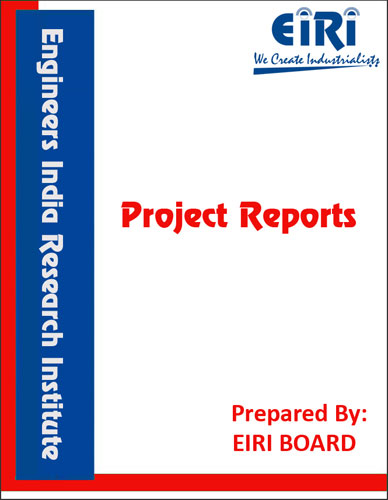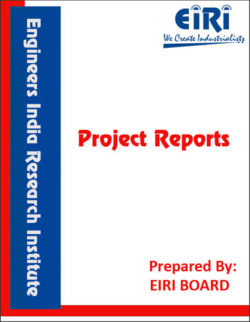T M T STEEL BARS
The project report includes Present Market Position and Expected Future Demand, Market Size, Statistics, Trends, SWOT Analysis and Forecasts. Report provides a comprehensive analysis from industry covering detailed reporting and evaluates the position of the industry by providing insights to the SWOT analysis of the industry.
We can prepare PROJECT REPORT as per your INVESTMENT PLAN for BANK LOAN REQUIREMENT and INDUSTRY ANALYSIS. All reports are prepared by highly qualified consultants and verified by a panel of experts.
Have Query? Click Here to Chat
Industry Expert is Online, Chat with him for more detail.

What is TMT
Thermo mechanically treated (TMT) steel, can be described as a new-generation-high-strength steel having superior properties such as weldability, strength, ductility and tensility, which meet the highest international quality standards.
Features:
Resists fire: Withstands temperatures up to 5,000C.
Resists corrosion: The TMT process gives the bar superior strength and anti-corrosive properties.
Earthquake resistance: The soft ferrite-pearlite core enables the bar to bear dynamic and seismic loading.
Malleability: TMT bars are most preferred because of their flexible nature
Enables welding: They have fine welding features.
Bonding strength: External ribs running across the entire length of the TMT bar give superior bonding strength between the bar and the concrete.
Cost-effective: A high tensile strength and better elongation value gives you great savings
01. INTRODUCTION
02. USES & APPLICATIONS
03. PROPERTIES
04. BIS- SPECIFICATIONS
05. MARKET SURVEY
06. “TMT” BARS IN INDIA
07. PRESENT MANUFACTURERS
08. METALS ROLLING TECHNIQUE
09. ROLLING OF BARS
10. MANUFACTURING PROCESS
11. PROCESS FLOW SHEET
12. PLANT LAYOUT
13. SUPPLIERS OF PLANT AND MACHINERY FOR TMT BARS
14. CONSULTANT FOR TMT BARS
15. SUPPLIERS OF PLANT & MACHINERIES
16. SUPPLIERS OF RAW MATERIAL
APPENDIX – A :
1. COST OF PLANT ECONOMICS
2. LAND & BUILDING
3. PLANT AND MACHINERY
4. FIXED CAPITAL INVESTMENT
5. RAW MATERIAL
6. SALARY AND WAGES
7. UTILITIES AND OVERHEADS
8. TOTAL WORKING CAPITAL
9. COST OF PRODUCTION
10. PROFITABILITY ANALYSIS
11. BREAK EVEN POINT
12. RESOURCES OF FINANCE
13. INTEREST CHART
14. DEPRECIATION CHART
15. CASH FLOW STATEMENT
16. PROJECTED BALANCE SHEET



